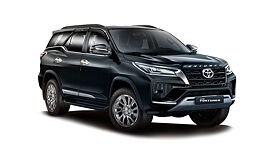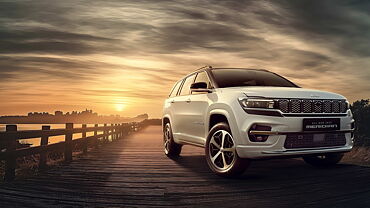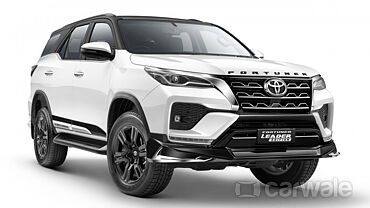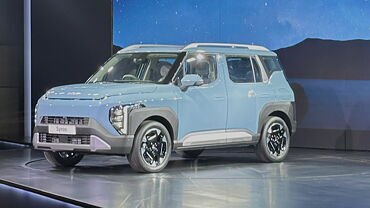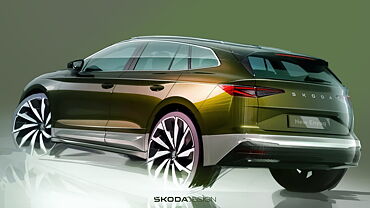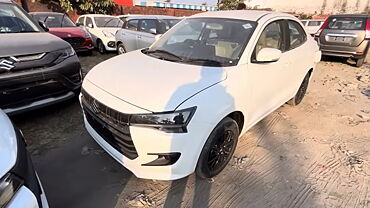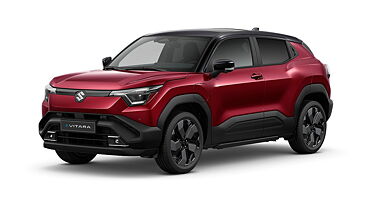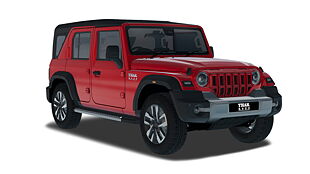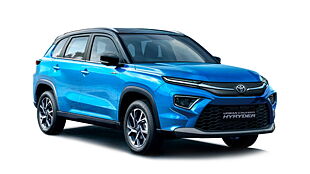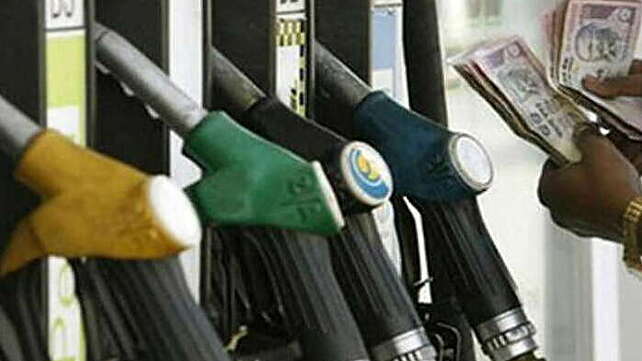
With the introduction of hybrid and electric vehicles, diesel engines are slowly being phased out. Recently, a government panel proposed a ban on diesel vehicles by 2027 in cities with a population of over a million to promote cleaner mobility. The report also stated that there should be no diesel city buses in urban areas by the end of this decade. However, the government is yet to accept this report.
The ministry said that the recommendations of the panel are futuristic. It also added that it requires a lot of deliberation with all stakeholders and manufacturers to take a final call on whether to implement such bans.
Currently, diesel-powered vehicles contribute to about 40 per cent of sales in India. This includes both commercial and private vehicles. The transport sector depends almost 80 per cent on diesel for their operation. A ban like this would require proper planning to offer alter fuel options. Hence the minister said, “No decision has yet been taken on ETAC recommendations.”
Pros and Cons of Diesel Vehicles:
Pros:
Diesel engines are also known as C.I (Compression Ignition) engines. This engine uses a higher compression ratio when compared to a spark ignition, which as a result produces higher torque. The extra torque is the sole reason commercial vehicles use diesel engines. Apart from this, diesel engines have low running costs and maintenance when compared to other fossil fuel engines.
Cons:
The biggest disadvantage of the C.I engine is the smoke. The particulates released by the gases contain carcinogens, nitrous oxides, and soot. These emissions adversely affect the environment and contribute to both air and noise pollution. The gases are also hazardous to humans and wildlife as they contribute to the development of respiratory disease and eventually lead to climate change and global warming.
Who will benefit and who will lose out?
From a climate perspective, if a ban were imposed on diesel engines, the result would be a great reduction of the carbon footprint in the atmosphere. Apart from this, the ones to benefit from would be manufacturers of electric and hybrid vehicles. A transition from diesel cars to hybrid and electric cars will mean an increased demand for batteries in these vehicles.
While we see the greener side of the grass, we at the same time would be undergoing major losses. The petroleum refineries might slash employees by almost 50 per cent. Moreover, this will also bring in a major down phase in the life of entrepreneurs dealing in transportation. This will indirectly affect the running cost per kilometer resulting in price hikes for goods and public transportation.
A brief introduction to diesel engines:
Diesel-powered vehicles were introduced in the early 1930s. The series production of the model 260D commenced at the end of 1935, and the world’s first regular-production diesel car premiered in February 1936. Diesel vehicles were primarily used for commercial applications and public transportation due to their great torque and high fuel efficiency.

